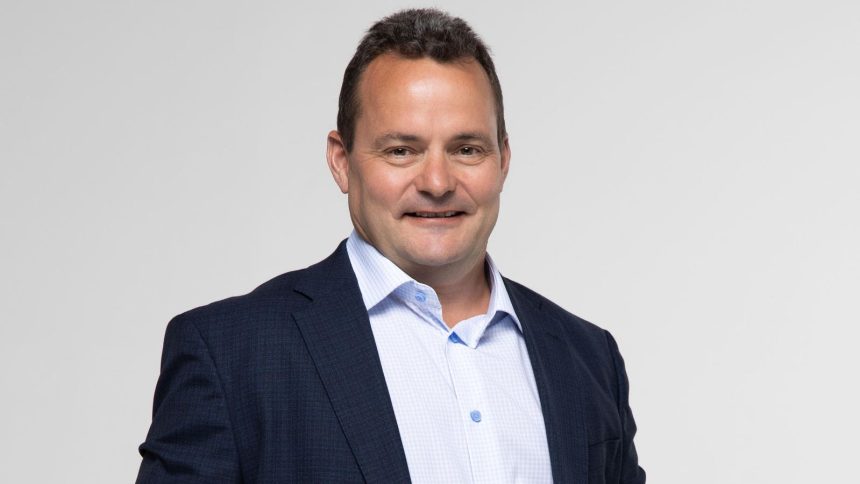More independent workers are hitting $100,000 a year or more in revenue, according to new data from MBO Partners, and with the number of freelancers skyrocketing to 72.1 million Americans—up 89% from 2020—the trend shows no signs of slowing down.
The number of independent earners making $100,000 or more grew by 53% from 2021 to 2023, to 4.6 million, according to the just-released State of Independence Report by MBO Partners, a provider of back-office services to independent workers.
Meanwhile, the number of full-time independent worker grew from 21.6 million in 2022 to 26 million in 2023, up 20%. And more Americans are dipping a toe in the waters, with the number of occasional independents surging by 130% to 36.6 million. Companies are embracing freelancing talent, and contingent labor now makes up 28% of their workforces.
I spoke today with Miles Everson, CEO of MBO Partners, to get a better understanding of the trends driving this surge of interest in freelancing. Here is an edited excerpt from our conversation.
Elaine Pofeldt: Why is freelancing growing so much right now?
Miles Everson: In three years, it’s gone up to 89%. I’m highlighting that because it’s not just a one-year impact here—some people would say it was the tech layoffs earlier in this year—but this is a continued growth trend that’s occurring. It’s reflective of societal norms that say it’s okay, if not actually desirable, to take control of your own work life—and the best way to do that is to not be reliant on a manager or company for your stability. I actually think it’s based on stability versus opportunity.
Elaine Pofeldt: There were more freelancers hitting six figures this year. Why?
Miles Everson: There are now about 4.6 million freelancers that make over $100,000 a year. That’s strongly indicative that the movement to the knowledge worker choosing to work as an independent instead of as an employee is hitting its stride. Despite all of the technology and innovation we’re experiencing, we have a human capital scarcity condition, and we will have it for more than a decade. We don’t have enough workers for the jobs that need to be done. Whenever somebody says AI is going to replace all these people, it’s going to change how people work, it’s not going to result in a reduced need for knowledge workers.
The reason we’re seeing an increase in the number of $100,000-plus knowledge workers is because more people can work independently, and we are in the early innings or early stages of a human capital scarcity of knowledge workers so it’s easier for them to find demand.
Elaine Pofeldt: The report talks about a desire for autonomy. Why are so many people craving autonomy now?
Miles Everson: The underlying root cause is mistrust of central authorities is on the rise and that’s not just in the workplace. People are choosing to take control of their own livelihoods because they want to trust themselves, not their manager or their company.
Elaine Pofeldt: What about tech platforms? How do they play a role? It feels like now, with AI, we’re almost at the same point we were with cloud-based computing or the advent of the Internet, where they brought seismic change in what they enabled us to do and how efficiently we’d be able to work. How do you see AI coming into play?
Miles Everson: It’s not going to reduce the number of knowledge workers needed because when you have tech innovation, what happens is the demand for what that tech innovation can deliver outstrips the old jobs it replaces…so it creates new jobs with more demands. When Lotus 1-2-3 and Excel came out, there was all this talk about how they were going to eliminate the need for accountants. We have more accountants today than we’ve ever had, but there are shortages of accountants.
It might be that technology helps facilitate the fractionalization of work, and anytime you fractionalize a market, the market goes up, because it brings liquidity. We saw it in the ride-share market in San Francisco. When Uber came out, the rideshare market was a $100 million market. Five years later it was $300 million. It didn’t eliminate a number of people doing rideshare. It changed in that they didn’t work for Yellow Cab anymore—but more people are driving than before it came out.
Elaine Pofeldt: What do you think is next for this segment over the next 5 to 10 years? What will be the big opportunities and what will be the challenges for this group?
Miles Everson: Individuals will have to be disciplined about continuous learning and adaptation because when you’re an employee, you get a lot of learning fed to you. The great independents are good at learning and applying what they learn.
The biggest barrier in the midterm is companies’ ability to adapt to maximizing the use of an independent workforce. The choke point won’t be the platforms. It won’t be the availability of independents. It will be the ability of business models to adapt to using the independent workforce efficiently and productively in the mid- to longer-term.
The biggest risk to independents is regulatory overreach on taking away their choice to work as an independents—i.e., AB-5 in California. What we’ve done in this country is we’ve protected the right to organize but we’ve taken away the right to work in a contractual relationship the way you want to with the employer. If you’re pro-choice, as in I can choose to organize, I should also get to choose how I contract. Regulators are trying to regulate it out.
Read the full article here


